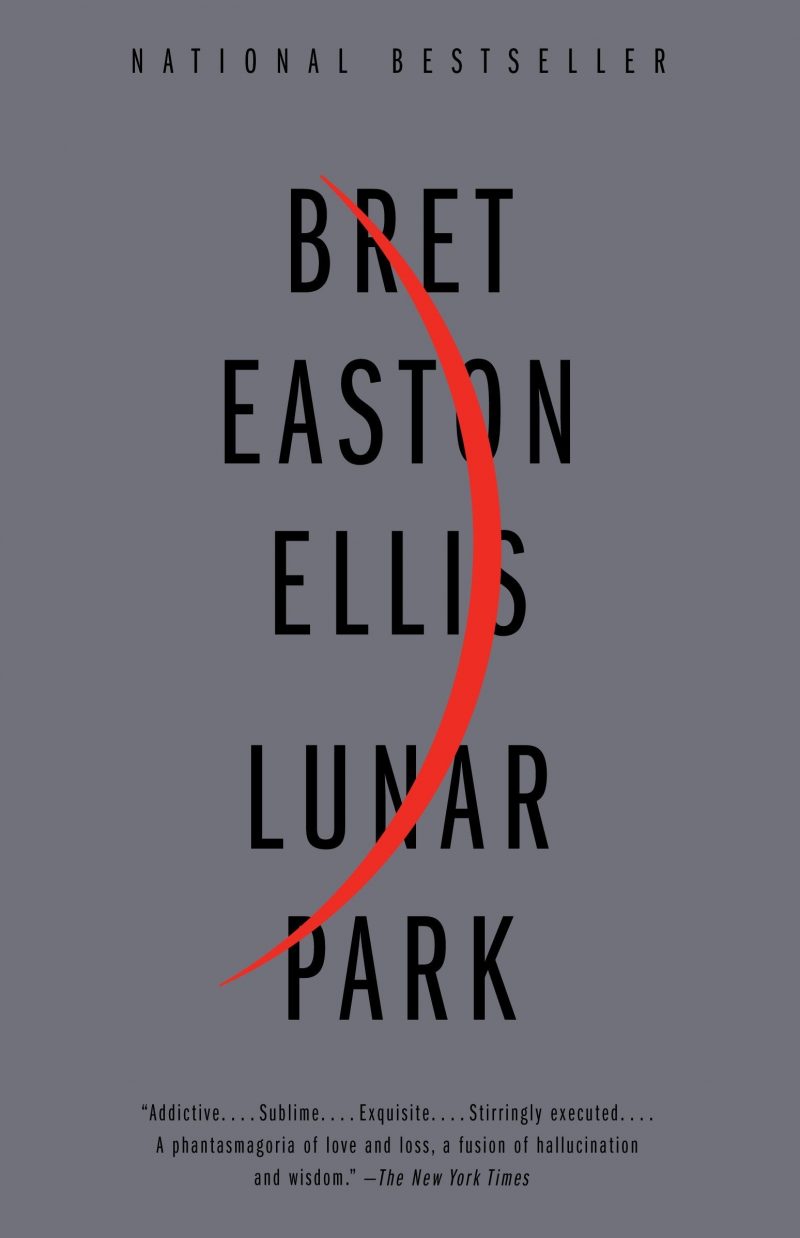Those critics who find Bret Easton Ellis’s world overly craven aren’t going to be too pleased by his acrid fifth novel, Lunar Park. About Glamorama, Ellis’s prescient 1998 satire of terrorism and dot-com-era Manhattan, it’s “hard to understand,” the New York Times’s Michiko Kakutani wrote, why he “wants to spend so much time (in this novel and every other book he’s written) chronicling a world he seems to recognize as shallow, mercenary, cynical, and meaningless.” Ellisland is a place of designer labels, pornography, ephemeral celebrity, nightlife ennui, and a disregard for the safety of others. It’s a place where everyone wants to be sedated. Ostensibly in Lunar Park our author repents. But only the tone deaf could fail to hear his distinctively laconic sarcasm, equal parts Joan Didion and Jane Austen.
The novel flies out of the gate with a names-naming, coke-addled summary of Ellis’s career to date: the overnight success, the notoriety surrounding American Psycho, and then a stoned descent into oblivion, Page Six walk-ons, and near-universal critical derision (“telling myself that the lack of respect from the critical community was what hurt so much and why I had to drug myself away from the pain”). This is not, however, an autobiography but a parody of the genre à la mode, the memoir; and throughout the verifiable facts merge with duplicity, hyperbole, and red herrings lifted from his own books.
When Ellis (the protagonist) hits bottom, he calls the only person willing to help him, Jayne Dennis, an A-list movie star and his ex, who years ago gave birth to his son. In short order, the prodigal cleans his act up and decamps to a McMansion in a Northeast exurb, where he marries Jayne and tries to become a loving father to his son and to a stepdaughter.
The joke of course is the fish out of water: Ellis, the jester of urban cool, now behind the wheel of the family SUV, on his way to the mall. What’s astonishing is just how smoothly his documentary style makes the transition, how relevant his hipster ethnographer’s gaze is to the nation’s red-state corners. Here, the lust for status cannot be satisfied by an expensive handbag or a trendy restaurant. The consumer’s holy grail is parenting, and it’s purchased by the right schools, the right tutors, the right meds. There “was something off about the obsession with their children that bordered...
You have reached your article limit
Sign up for a digital subscription and continue reading all new issues, plus our entire archives, for just $1.50/month.
Already a subscriber? Sign in





